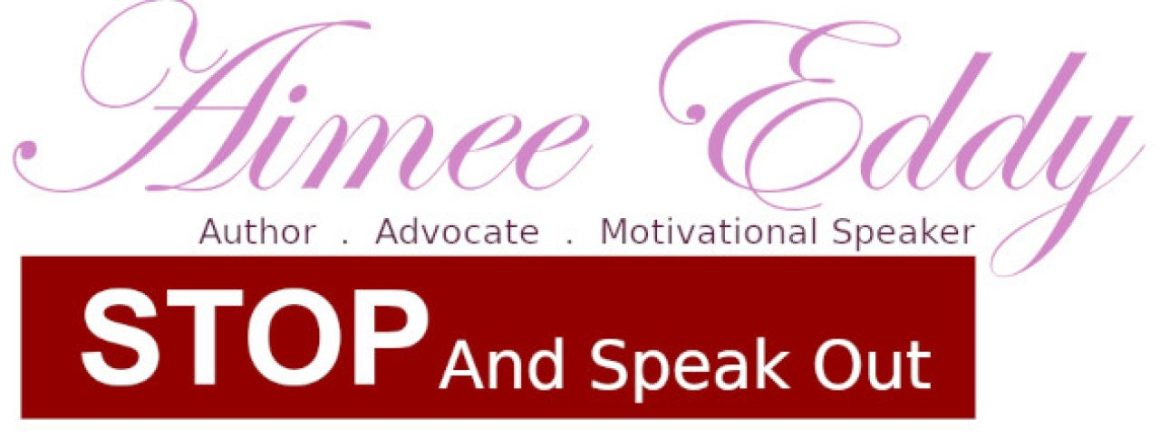When you are struggling with mental illness, you develop bad behaviors that turn into a pattern of bad choices that worsen the illness. We learn to cope in the only way we know how, and without therapy, our techniques can be damaging to us and those around us. Also, while struggling with mental illness, we develop bad thinking patterns that are self-destructive. How do we change these behavioral and thought patterns? The best way to change them is through behavioral therapy.

The first question you may have is what is behavioral therapy? The website healthline, defines behavioral therapy as a form of therapy that looks to identify and help change potentially self-destructive or unhealthy behaviors. It’s based on the idea that all behaviors are learned and that behaviors can be changed. The focus of treatment is often on current problems and how to change them. Behavioral Therapy: Definition, Types & Effectiveness (healthline.com)
A popular form of behavioral therapy is cognitive therapy. This deals with the bad thought patterns you form while you are sick. This type of therapy focuses on how negative thought patterns lead to unhealthy behaviors. Your negative thoughts can lead to poor choices, bad relationships, angry episodes, bad coping techniques, and a lack of interest to live a productive life. If you believe you’re an awful person and you don’t deserve to be treated well, you may fall into bad and abusive relationships.
Through bullying at school, I learned to hate myself, and my thoughts became negative and self-defeating. I couldn’t see anything good about my life, and this led me into a series of abusive relationships. A high school friend abused me in ways I can’t say. I held onto her tightly because I thought I needed her and couldn’t live if I lost another friend. Another friend as an adult stole my paycheck, made false promises, and lied, but I stayed loyal to her. Another friend stabbed me in the back over and over and yet I moved in with her and her husband to only be treated badly. I made poor choices in friends because I felt I was worthless and didn’t deserve better. My thinking pattern ruled my actions.
For a long time, I stopped writing because my thoughts told me I was a failure, I was an awful writer, my dreams were hopeless, and I wasn’t smart enough to write a book. I was stuck with a dream to write a book, but I believed my dream was impossible to complete. So, I put my pen down and my computer away and dwell in self-defeating thoughts. That thinking pattern prevented me from achieving my dreams. After years of being told I was worthless and a failure, those ideas were drilled into my head. With that cognitive distortion I was stuck going nowhere. My dream to write a book faded.
In cognitive behavioral therapy I learned to challenge my thoughts and turn them into positive ones. I began to identify the type of thinking I was using like magnification, disqualifying the positive, jumping to conclusions, and so on. In therapy I learned how to practice self-affirming thoughts, to journal something positive about my day and about myself each day. It’s hard work and takes a lot of time, but it changes your life.
Now I make better choices. I cut off unhealthy relationships; I notice the signs of negative people and I keep my distance. On my road to recovery, I ended a lot of bad relationships. I learned that I deserve healthy and happy friendships, not ones where I end up getting used, abused, and hurt. The friends I have chosen lift me up, support me, and treat me well and I am able to treat them the same way.
Since I have fought the negative thinking about my dream to write a book, I have written and published a book. I have short stories published and I have won several contests. I’m no longer stuck in a world of self-defeat. I no longer feel like a failure. I’ve been on the news and in the newspaper talking about my book. I’m doing talks about bullying and I’m doing book signing. Changing my thought pattern changed my life.

Cognitive behavioral therapy is effective and a big part of your road to recovery. It’s not easy to do. It takes a lot of hard work to change the way you have been thinking for a long time, but it’s worth it. If you have the right therapist, he or she will give you homework and show you ways you can use this type of therapy in your life. Changing your thinking will not cure you of mental illness, but it will lead you down the road of recovery. Your bad thinking will not disappear forever. You’ll find yourself from time to time falling into your old patterns, but you’ll have methods to combat them. Cognitive therapy teaches you healthy coping techniques.
I am happy with the life I live and the accomplishments I have made. By going through cognitive therapy, I have learned coping techniques that help me stay in recovery and keep me above that dark hole. Because of cognitive therapy, I’m thriving in the light of recovery.

Bravo! My son’s girlfriend is currently starting therapy – she has had so many traumatic events in her life that she now realizes that she needs to change things. My son is 100% behind her and we are all supportive – mostly because her parents are not – and are part of the problem…
LikeLike
Murisopsis,
Thank you. I’m glad your son’s girlfriend decided to get help and that you’re all behind her. She’s going to need a support system and it’s great you all are willing to be that for her. I wish her the best of luck.
Aimee Eddy
LikeLike